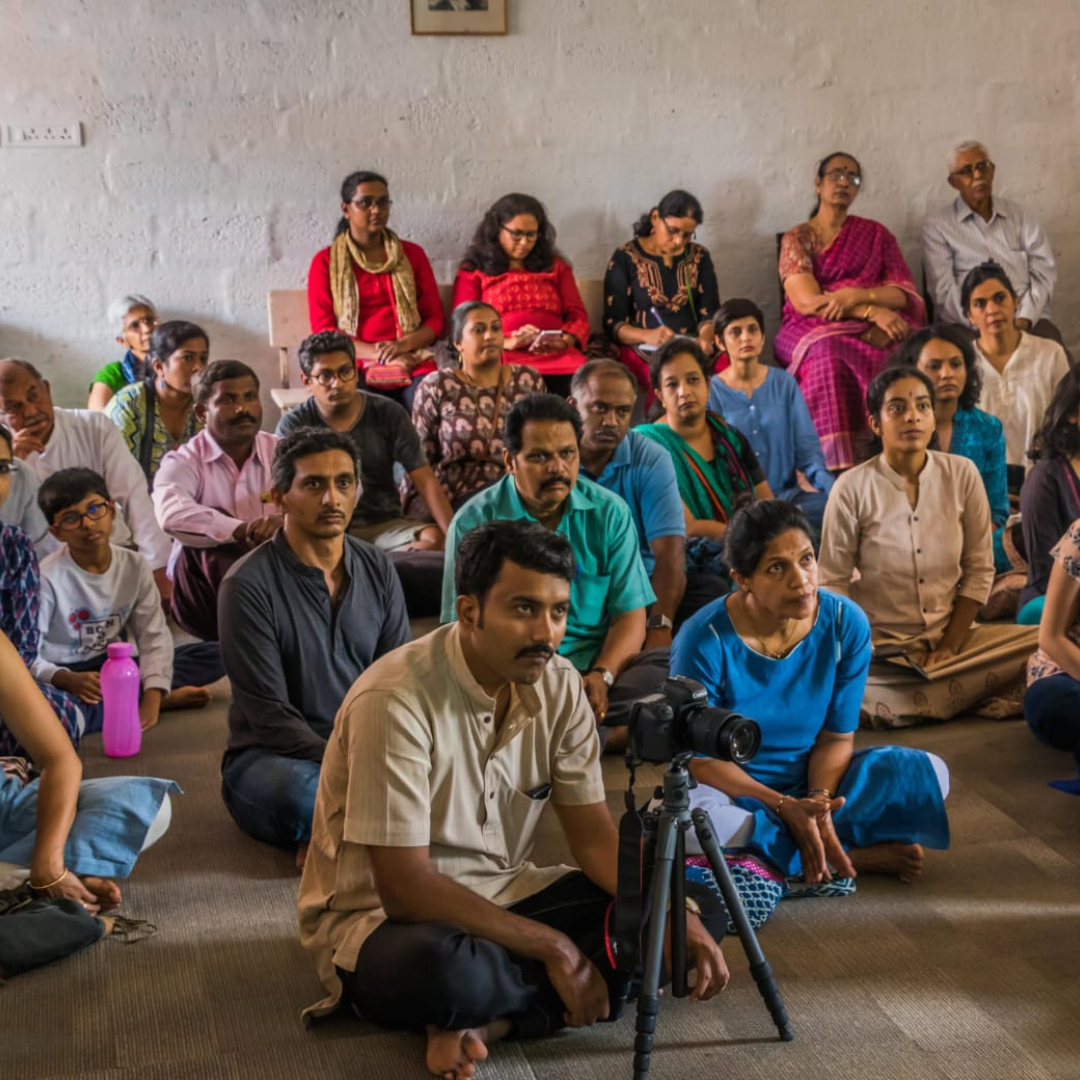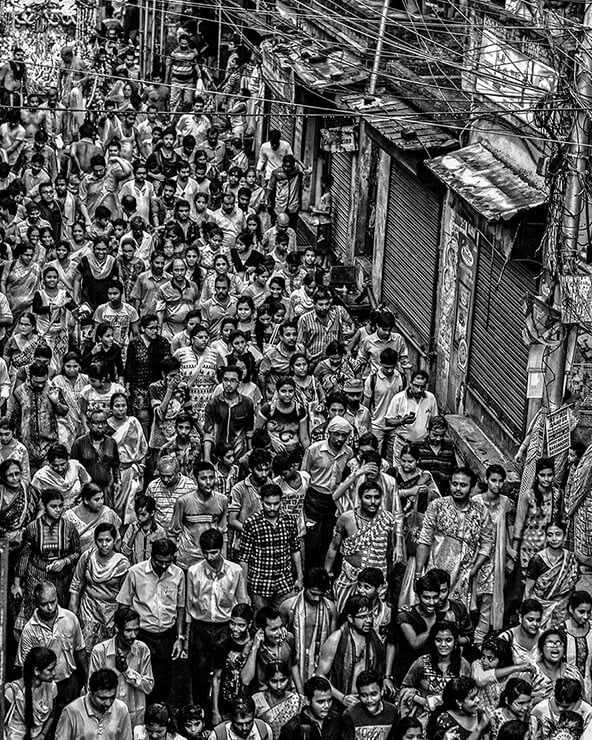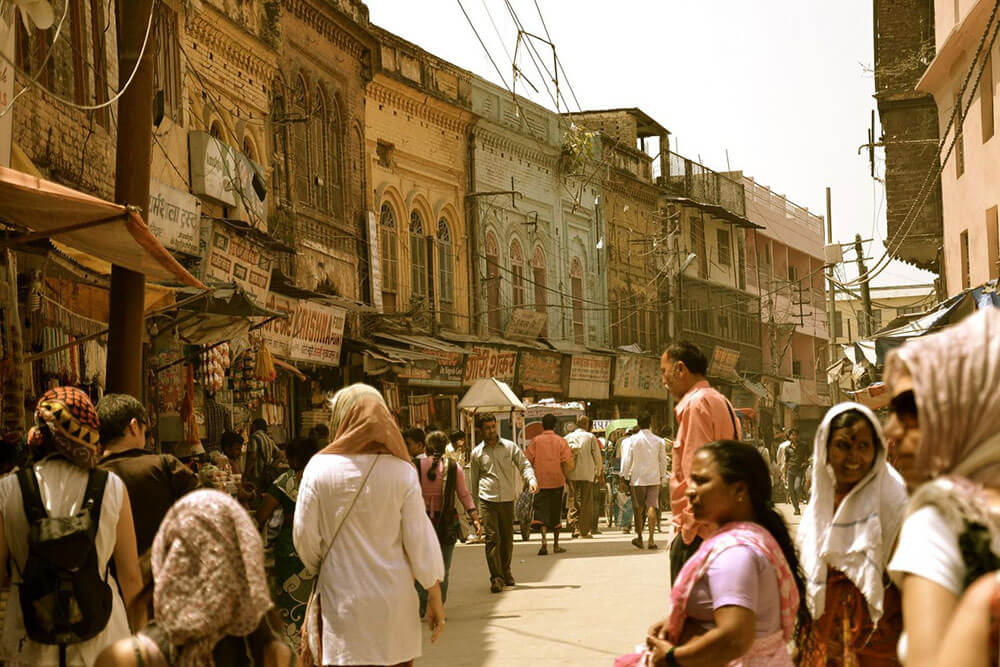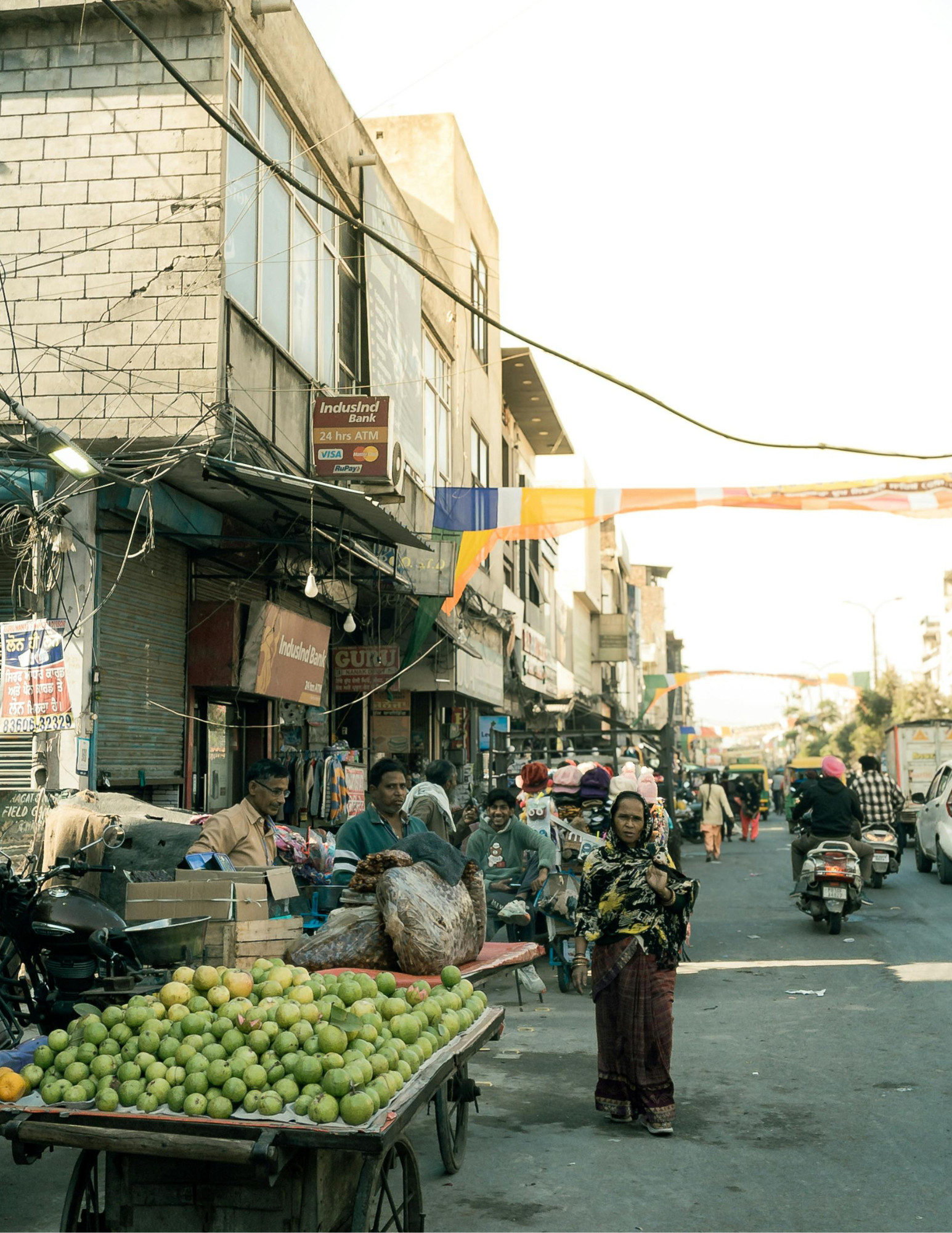

Who are we?
We are a boutique development consulting firm specialising in providing advisory support to social enterprises, NGOs, governmental organisations, universities, and policy research institutes on a range of social development and public policy matters.
We empower them by designing strategies, interventions, and capacity-building programmes, with a focus on CSR proposals and excellence in Monitoring, Evaluation, Accountability and Learning (MEAL).
Our Vision : To be the leading catalyst for inclusive urban transformation, empowering communities through data-driven insights, innovative strategies, and impactful partnerships that shape equitable and sustainable cities.
Key Elements of the Vision:
1. Inclusivity and Equity: Focus on amplifying the voices of marginalized communities and addressing systemic inequities in urban development.
2. Data-Driven Decision-Making: Use ethnographic research, participatory methodologies, and advanced analytics to inform policies and programs.
3. Sustainability and Innovation: Pioneer sustainable urban solutions by integrating cutting-edge technologies and green practices into urban planning and governance
4. Partnership-Driven Impact: Serve as the backbone organization for stakeholders across sectors, facilitating collaboration and scaling sustainable interventions.
5. Capacity Building and Learning: Strengthen urban systems through knowledge sharing, training, and adaptive strategies that build resilience among local institutions and communities.
6. Women-Led Transformation: Champion gender-responsive urban policies and interventions by leveraging the expertise and lived experiences of its all-women team.
Experience the Best
Ethnographic Insight. Strategic Clarity. Funder-Ready Output.
Embedded Ethnographic Research
Understand Lived Realities
We conduct immersive, emic studies to surface social dynamics, behavioural drivers, and user journeys, essential for designing relevant, inclusive interventions.
CSR & Impact Advisory
Strengthen Proposals and Reports
We support CSR teams and social enterprises with field-validated strategies, Theory of Change development, and funder-ready documentation, including SROI and impact narratives.
Monitoring, Evaluation & Learning (MEAL)
Make Data Actionable
We build practical, qualitative M&E frameworks that do more than check boxes. Our approach captures nuance, tracks change, and fosters learning across cycles.
Strategic Knowledge Products
Turn Research into Influence
From decks to policy briefs to donor communication, we craft knowledge outputs that are clear, credible, and tailored for decision-makers.
What we do?
Urban Ethnographers is a research and advisory firm that uses qualitative research and ethnographic methods to drive better decision-making in social impact. We work closely with CSR teams, social enterprises, NGOs, and policy research institutions to uncover lived experiences, test assumptions, and generate insights that strengthen both strategy and execution.
We are sector-agnostic. What connects our work is methodological rigour, field immersion, and a commitment to centring people, not just indicators.
Our core offerings include:
1. Exploratory and Emic Research
To help funders and implementers understand contexts before acting. We identify entry points, surface hidden dynamics, and make invisible barriers legible.
2. Ethnographic UX and Behavioural Research
To understand how users engage with services, products, or programs in real life, shaped by gender, caste, informality, and other lived realities.
3. SROI and Impact Evaluations
To assess what changes, how, and why. We combine narrative depth with outcome mapping, particularly for CSR programs and long-term partnerships.
4. Design and Review of CSR Proposals and MEAL Systems
We help organisations back their proposals with grounded logic, and build systems that capture learning, not just logframes.
5. Capacity Strengthening for Field Research and Qualitative M&E
We train teams to ask better questions, listen ethically, and translate data into action.
6. Knowledge Products and Policy Notes
We translate research into briefs, decks, and talking points that influence stakeholders and shape field practice.




The UE TRACE Process
Our Signature Framework for Ethnographic Strategy and Action
Each step captures the rhythm of our engagement—from first inquiry to final insight.
1. Tune In
Clarify the Ask, Surface the Gaps : We begin by listening to the client briefs. We trace the everyday: reading internal documents, field notes, reports, and quiet tensions to understand both what’s working and what’s being overlooked.
2. Recognise Patterns and Outliers
Ground in Evidence, Hold the Mirror : We embed with communities, frontline workers, and program staff. Using ethnographic interviews, emic inquiry, and observational methods, we uncover patterns, outliers, and blind spots that influence program performance.
3. Align the Frame
Connect Strategy, Story, and Stakeholders : We use insight to reframe: developing or refining Theory of Change, strengthening MEAL systems, and aligning internal teams. We ensure lived experience sits at the centre, not the margins, of program strategy.
4. Craft with Credibility
Design Proposals and Reports that Stand Up to Scrutiny : We translate findings into strategy: sharper proposals, better implementation plans, or grounded recommendations. Our goal is to shift practice, not just write reports. Whether it’s a donor deck or SROI report, we blend rigour with resonance. We use logic frameworks, grounded narratives, and clear writing to deliver products that are evidence-backed, ethically sound, and funder-ready.
5. Extend the Shift
Support, Present, Evolve : We don’t exit after handover. We walk with you through presentations, refinements, and even the next round of design. We aim to build reflexive, learning organisations, not dependency.

